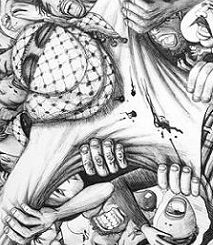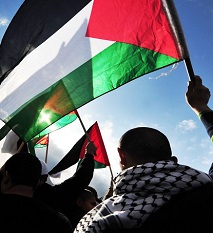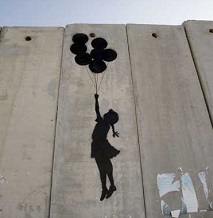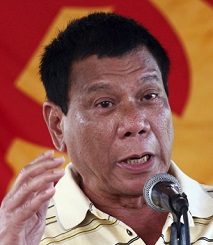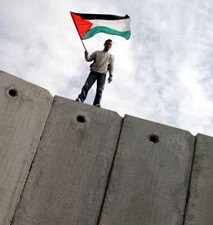Source: The New Internationalist
Rahila Gupta meets the women fighters who are helping to stop the advance of ISIS while also leading a radical democratic charge against capitalist ideology. Welcome to the Rojava phenomenon.
It is no exaggeration to say that a strip of land along Syria’s northern border with Turkey is home to the most radical experiment in democracy and gender equality, not just in the Middle East, but in the whole world. Western Kurdistan, or Rojava, ‘the land where the sun sets’, first entered popular consciousness in that lopsided way that news from elsewhere hits Western TV screens, when Kurdish women fighters liberated Yazidi women and children from ISIS on Mount Sinjar in August/September 2015. When the might of the US, the Free Syrian Army and the other regional armies in Iraq were unable to stop the advance of ISIS, young women in military fatigues and floral scarves defeated men who can barely tolerate fully covered-up women. Such film footage was undeniably eye-catching. Yet rather than leading to further information and analysis of the Rojava phenomenon, it was appropriated for the purposes of capitalist consumerism. H&M tried to sell a range of clothing based on the women’s uniforms, provoking outrage in the Kurdish community for trivializing their struggle. read more
